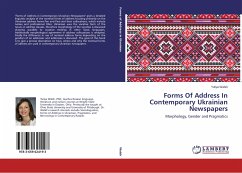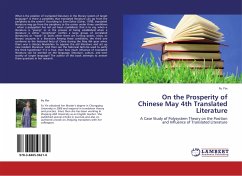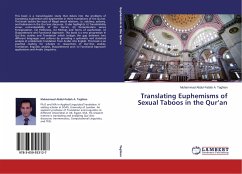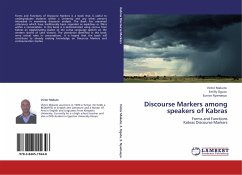
Decentralization in U.S. Public Higher Education
How Does It Happen? Does It Make A Difference?
Versandkostenfrei!
Versandfertig in 6-10 Tagen
52,99 €
inkl. MwSt.

PAYBACK Punkte
26 °P sammeln!
Questions are asked about whether it is centralization or decentralization that promotes greater efficiency, achieves outcomes, proves more effective, and offers greater accountability. This study answers these questions by exploring decentralization of public higher education in three states. It explores the relationship between state government and public higher education institutions where government control and authority were lessened in the mid-1990s. The purpose was:(1)to explore the policy shift to decentralization and the effects it had on public higher education and (2)to develop grou...
Questions are asked about whether it is centralization or decentralization that promotes greater efficiency, achieves outcomes, proves more effective, and offers greater accountability. This study answers these questions by exploring decentralization of public higher education in three states. It explores the relationship between state government and public higher education institutions where government control and authority were lessened in the mid-1990s. The purpose was:(1)to explore the policy shift to decentralization and the effects it had on public higher education and (2)to develop grounded theories on decentralization. Eighteen generalizations were drawn regarding the policy shift, while twelve generalizations were drawn regarding the effects of decentralization. Twelve policy recommendations are offered as guides for decentralizing state policy action. Two grounded theories were developed:(1) a destabilized state higher education system, an ideological policy entrepreneur, and opportunity produce a policy shift and (2) the main effect of the shift is to restore greater equilibrium between public institutions and the state.












